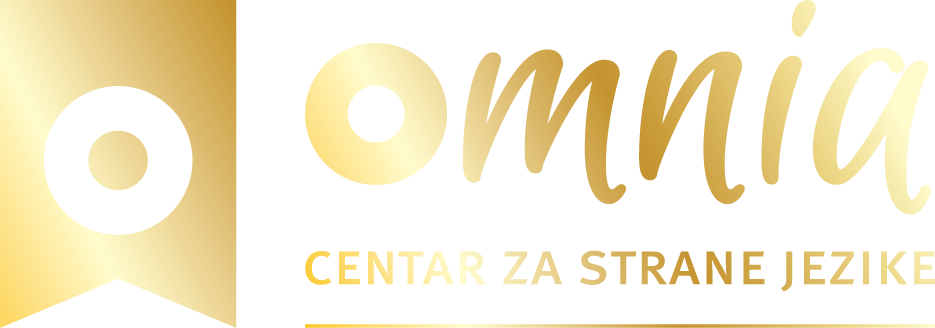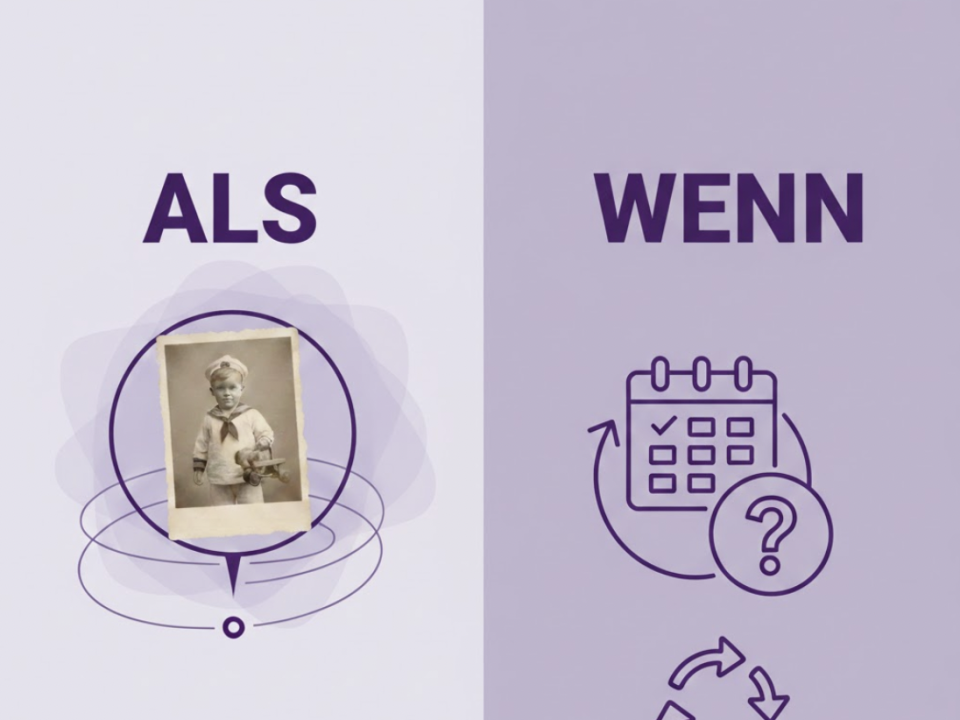
Što je Skibidi Toilet i kako razumjeti jezik generacije Z na Tik Toku?
8. prosinca 2024.
Božićni vokabular na engleskom jeziku: Riječi i fraze – od osnovnih do naprednih
13. prosinca 2024.Learning Croatian might seem challenging, but with the right approach, anyone can master this beautiful and unique language. Whether you’re learning for travel, business, or connecting with loved ones, this guide will provide actionable tips and tricks to make the journey smoother and more enjoyable. 🌍
Why Learn Croatian?
Croatian is a Slavic language spoken by over 5 million people, primarily in Croatia and parts of Bosnia and Herzegovina. Known for its rich history, distinct dialects, and fascinating culture, Croatian allows learners to dive deep into a language as beautiful as the country itself. Learning Croatian can:
- Enhance your travel experience.
- Help you connect with locals on a deeper level.
- Open doors to new professional or cultural opportunities.
Step-by-Step Tips to Learn Croatian
1. Start with the Basics
Build a foundation with essential words and phrases. Learn greetings, numbers, and common expressions:
- Dobar dan (Good day)
- Molim (Please / You’re welcome)
- Gdje je autobusna stanica? (Where is the bus station?)
2. Master the Alphabet and Pronunciation
Croatian uses the Latin alphabet, but it includes special characters (č, ć, š, ž, đ). Pronunciation is phonetic, meaning words are pronounced as they are written, but some sounds can be tricky:
- Č sounds like “ch” in chocolate.
- Ć is softer, similar to “t” in tune.
- Đ is like “j” in juice.
Practice these sounds early on to avoid confusion later. Use free audio resources or YouTube channels with native speakers.
3. Tackle Grammar Step by Step
Croatian grammar is one of the biggest challenges for learners. Here’s how to approach it:
Understand the Cases (Padeži):
Croatian has seven cases, determining how a noun or adjective changes depending on its role in the sentence. Start by learning the most common cases:
- Nominative (subject): Ovo je pas. (This is a dog.)
- Accusative (direct object): Vidim psa. (I see a dog.)
- Genitive (possession): Ovo je pseća kućica. (This is the dog’s house.)
Tip:
- Focus on one case at a time—practice by creating simple sentences. For example, learn phrases like Imam knjigu (I have a book) for the accusative.
Learn Verb Conjugations Gradually:
Verbs in Croatian change depending on the subject and tense. Start with present tense for regular verbs:
- Ja radim (I work)
- Ti radiš (You work)
- On/ona radi (He/she works)
Tip:
- Group verbs by their endings (-am, -em, -im) to see patterns.
Practice Grammar with Examples:
Instead of memorizing rules, learn through repetition and examples. For instance:
- Locative case for location:
Ja sam u Zagrebu. (I am in Zagreb.) - Dative case for indirect objects:
Dajem knjigu Ani. (I am giving the book to Ana.)
4. Build Vocabulary Strategically
Learning Croatian vocabulary can be overwhelming, so focus on categories:
- Everyday words: Foods, family members, and basic directions.
- Kruh (bread), majka (mother), lijevo (left).
- Thematic vocabulary: Words relevant to your goals (e.g., travel: zrakoplov – airplane).
- High-frequency verbs:
- Biti (to be), imati (to have), raditi (to work), ići (to go).
Tips for Vocabulary Building:
- Use spaced repetition apps like Anki to memorize words.
- Write flashcards with Croatian on one side and pictures (instead of translations) on the other to associate meaning directly.
- Practice by grouping words into simple sentences, e.g., Imam psa i mačku. (I have a dog and a cat.)
5. Practice Speaking Daily
Speaking Croatian regularly is essential for improvement. Don’t be afraid to make mistakes. Some ideas:
- Join language exchange platforms like Tandem or ConversationExchange to speak with native speakers.
- Mimic native speakers from podcasts or YouTube videos.
- Start small: Describe your day in simple sentences like Danas pijem kavu. (Today, I’m drinking coffee.)
6. Immerse Yourself in Croatian Media
Immerse yourself in the language by consuming Croatian content:
- TV Shows: Bitange i princeze (comedy) or Crno-bijeli svijet (drama).
- Podcasts: Listen to Croatian language learning podcasts or local talk shows.
- Music: Discover Croatian artists like Gibonni or Damir Urban to enjoy modern and traditional songs.
7. Learn Idioms and Phrases to Sound Native
Idioms add flair to your speech; understanding them can make conversations more enjoyable. Here are some common Croatian idioms:
- Ne pada snijeg da pokrije brijeg, nego da svaka zvijer pokaže svoj trag. – Everything happens for a reason (literally: Snow doesn’t fall to cover the hill, but to reveal every beast’s tracks).
- Pametnom dosta. – A word to the wise is enough.
8. Be Consistent and Patient
Learning Croatian takes time, so consistency is key. Dedicate 15-30 minutes daily to study. Break your learning into manageable tasks like:
- Monday: Practice cases.
- Tuesday: Learn 10 new words.
- Wednesday: Practice pronunciation with audio.
FAQs About Learning Croatian
Q: How long does it take to learn Croatian?
A: With regular practice, you can reach conversational fluency in 6-12 months.
Q: Is Croatian hard to learn?
A: While the grammar is complex, the language’s phonetic nature and clear rules make it manageable with dedication.
Q: Can I learn Croatian online?
A: Yes, through online tutors, podcasts, YouTube videos, and language exchange apps.
Why Learn Croatian with Omnia?
At Omnia, we offer personalized Croatian courses tailored to your needs. Whether you’re learning for travel, business, or personal connections, our experienced teachers will guide you every step of the way!
🌟 Start your Croatian language journey now!




